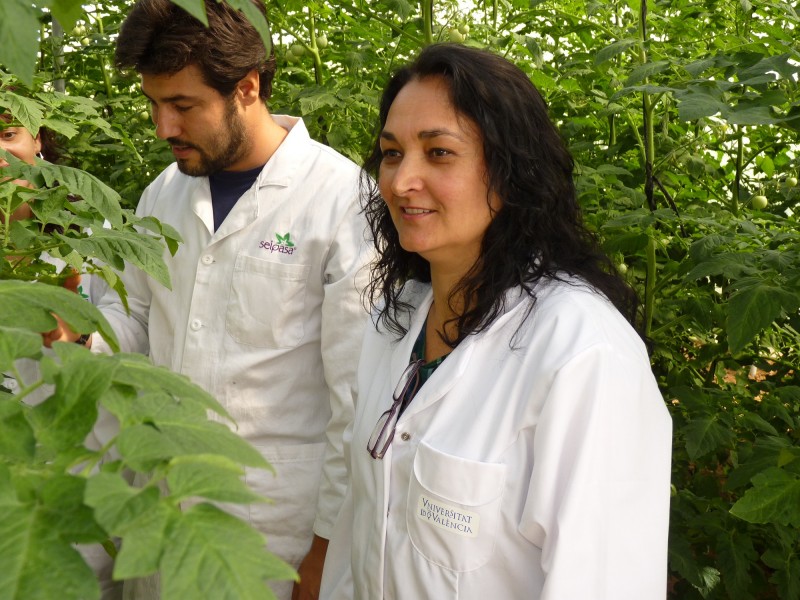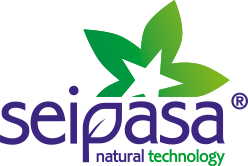On the occasion of the lines of investigation that SEIPASA is stimulating in collaboration with the University of Valencia, representatives of the mentioned University visited the company to know closely the bet in R & D + i of SEIPASA and the work that this being realized in this area.
The equipment of SEIPASA accompanied to Dr. Mª Amparo Blázquez, Professor of Pharmacology, Faculty of Pharmacy (University of Valencia), in her visit for the facilities of the company in Valencia-SPAIN. During the same ones, she realized a tour for the new Laboratory, the Technical Departments of Logistics, as well as the area of manufacture of SEIPASA's products.
Though undoubtedly one of the aspects in which she showed major interest was in the Field of Tests that SEIPASA started last year. In the same one, the Person in charge of the Field of Test of the company, Javier Nácher, inform her about the daily work that they realize in his facilities and focus on two areas of importance: on the one hand, "tests of efficiency of SEIPASA's products ", which are realized by an alone culture and where the distribution of the plants and its managing they come determined by the type of tests that are carried out (this reproduces real conditions of plagues, fungi, climatological …); the other one, "tests of threshold of concentration " that are more rapid tests, at most of three or four days, to evaluate the result of the application of new treatments or mixtures on the plants.
Lines of investigation with the University
Inside SEIPASA's business line, centred in continuing advancing and investigating towards new and better treatments Zero Residues, the company has signed diverse agreements of collaboration with different universities and research centers.
Between them stands out the joint work that one comes realizing for more than ten years with the Faculty of Pharmacy of the University of Valencia. The main research line of investigation focus on the characterization of the active principles of different natural extracts, since for example of the propolis, which according to diverse biographical sources have protective properties, later to develop new products to protect crops against certain diseases.
SEIPASA open its Field Trials for the University of Valencia
June 20, 2012


